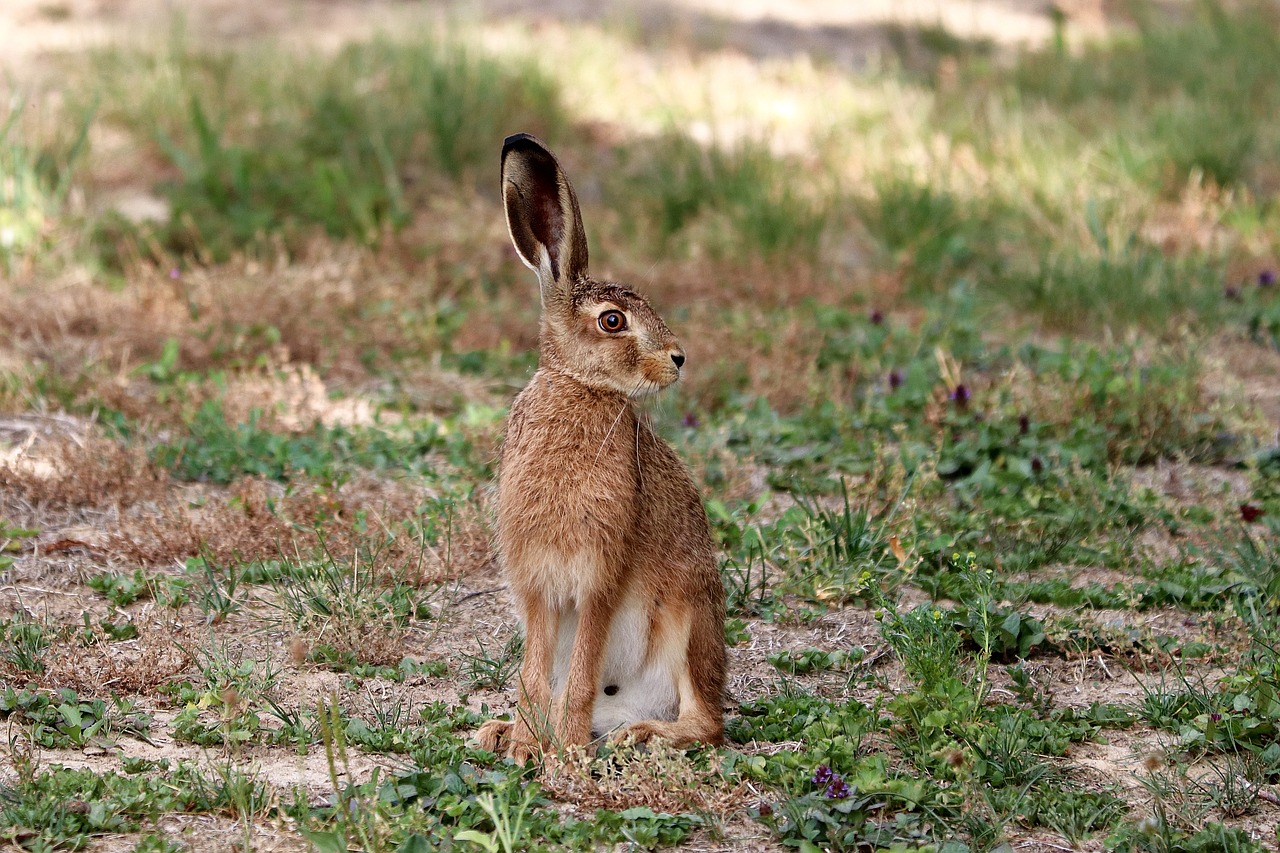The department of Agriculture, Land Reform and Rural Development which to announce the outbreak of the Rabbit Hemorrhagic Disease (RHD) in the Western and Northern Cape provinces.
The department received reports of die-offs of wild rabbits and hares from the Karoo areas in the Western and Northern Cape Provinces. State Veterinary Services, Private Veterinarians and the Department of Forestry Fisheries and the Environment were involved in field investigations.
Postmortems were performed and samples collected to confirm the cause of the deaths. Diagnostic tests were performed at the Onderstepoort Veterinary Research Laboratory and the cause was confirmed as Rabbit Haemorrhagic disease (RHD).
RHD is a disease caused by a virus (Calicivirus) and this is the first detection of the disease in South Africa. The disease results in a high number of deaths in rabbits and hares and animals die suddenly with bleeding in the organs such as the liver, kidney and spleen. At this stage it is still unclear how the disease could have entered the country, since the importation of rabbits and hares is not allowed. Investigations are underway to determine whether illegal importation could be the source.
Control of RHD in rabbitries relies mainly on vaccination, but the vaccine is not available in South Africa. This increases the importance of biosecurity measures in rabbitries and anywhere where rabbits or hares are kept. Rabbit owners are advised to ensure that their rabbits are secured and must prevent any contact with other rabbits or hares, either directly or indirectly through people or equipment.
Biosecurity measures are difficult to implement in wild populations. The occurrence of RHD in the Karoo is therefore of great concern, as our indigenous Red Rock rabbit, endangered Riverine rabbit and hare species are highly susceptible to this disease.
Carcasses of RHD-infected rabbits may be a major source for viral spreading, since the virus seems to be highly resistant and stable, even when exposed to harsh environmental conditions.
Members of the public are encouraged to please report any dead or dying rabbits or hares to the nearest State Veterinarian for investigation.
Source: Department of Agriculture, Land Reform and Rural Development









